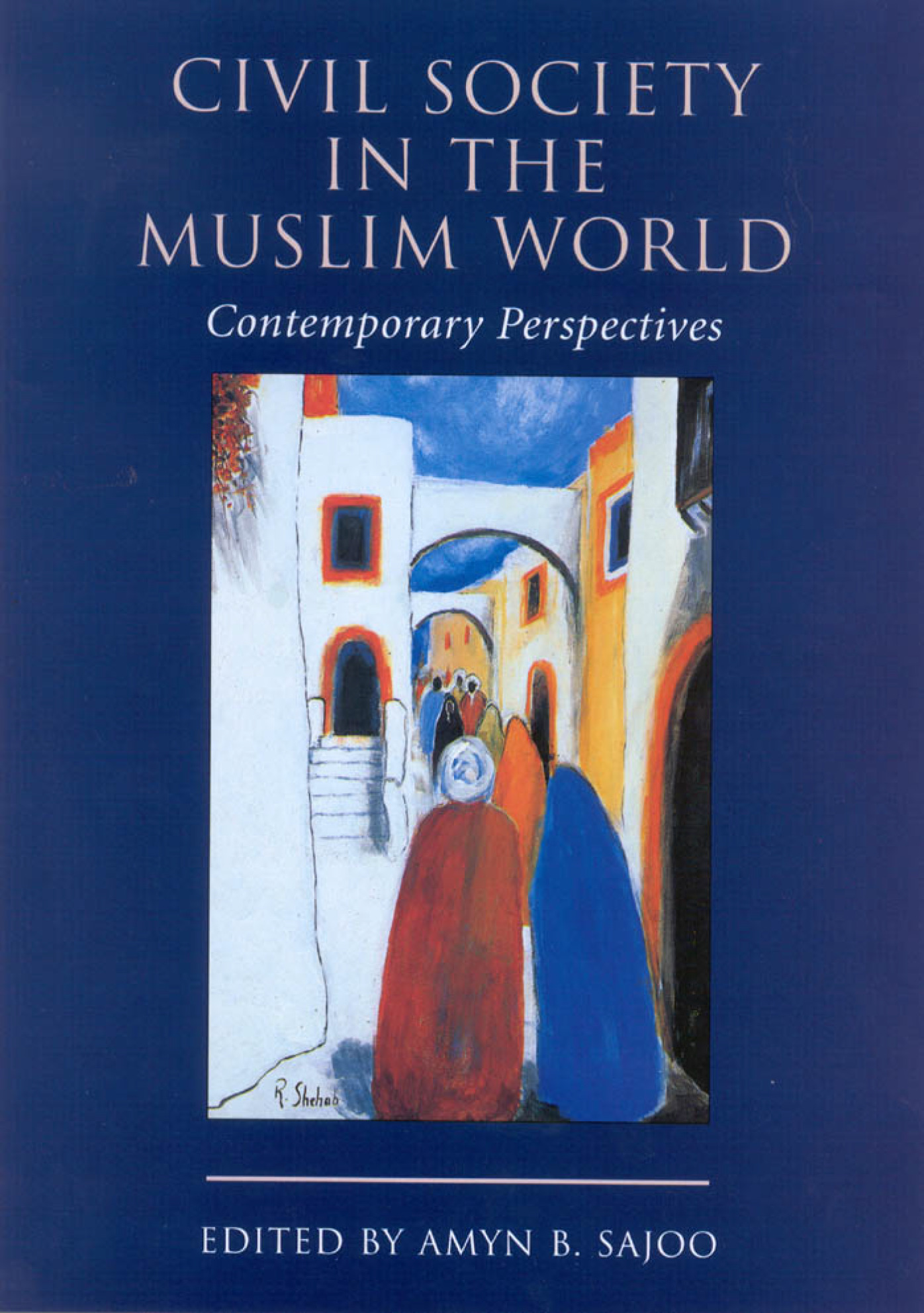This book is also available OPEN ACCESS to download or read online for free.
Well before the events of September 11, 2001, and their continuing aftermath, the global discourse on civil society – in its varied interpretations and manifestations – had caught the attention of citizens and communities right across the Muslim world. From Indonesia, Pakistan, Tajikistan and Iran to Turkey, Egypt and the Maghreb, the clamour for human rights, pluralism and gender equity were at the forefront of the wider quest for accountable government and participatory politics. The communalisms of old that dominated the public and private spheres were no longer tenable, even if the appeal for ‘religious’ solidarity continued to command respect – a trend reinforced by perspectives from the growing Muslim diasporas in the West.
A fresh urgency attends those issues today: patterns of political violence and some of the responses to them, threaten to undermine the ethical legacy of Muslim civilizations and its role in the emergence of civic culture tied to the rule of law and individual dignity. For some, recent trends merely confirm the sentiment that civil society is a Western, secular idea with no relevance to contexts where religious and tradition and deeply woven into the fabric of everyday life. Others argue that civil society has always resonated with key Islamic values, and can be renewed and enriched by the energies that feed the quest for modern, democratic citizenship in emergent and transitional nations.
This landmark survey of social and intellectual trends in diverse Muslim contexts challenges many of the facile claims about the Muslim world today that abound in mainstream media as well as scholarly accounts. With contributions by Shirin Akiner, Mohammed Arkoun, Aziz Esmail, Tair Faradov, Abdou Filali-Ansari, Ersin Kalaycioglu, Iftikhar Malik, Ziba Mir-Hosseini, Olivier Roy and Amyn B. Sajoo, this volume will appeal not only to scholars of contemporary culture, politics and religion, but to all those interested in the unfolding of civil modernity in the new millennium.
Foreword, by Azim Nanji
Editor’s Note
About the Contributors
1. Introduction: Civic Quests and Bequests
Amyn B. Sajoo
2. Locating Civil Society in Islamic Contexts
Mohammed Arkoun
3. Self, Society, Civility and Islam
Aziz Esmail
4. Debating Women: Gender and the Public Sphere in Post-Revolutionary Iran
Ziba Mir-Hosseini
5. Soviet Legacies and Western Aid Imperatives in the New Central Asia
Olivier Roy
6. Prospects for Civil Society in Tajikistan
Shirin Akiner
7. Religiosity and Civic Culture in Post-Soviet Azerbaijan: A Sociological Perspective
Tair Faradov
8. Ethics in the Civitas
Amyn B. Sajoo
9. State and Civil Society in Turkey: Democracy, Development and Protest
Ersin Kalaycyoglu
10. Between Identity-Politics and Authoritarianism in Pakistan
Iftikhar H. Malik
11. State, Society and Creed: Reflections on the Maghreb
Abdou Filali-Ansary
Bibliography
Index
A specialist in international human rights law and policy, Dr. Amyn B. Sajoo was educated at King’s College, London and McGill University, Montreal. He has served as an adviser with the Canadian Human Rights Commission as well as the federal Department of Justice in Ottawa, as a Research Fellow at the Institute of Southeast Asian Studies in Singapore and, more recently, as a Visiting Research Fellow at The Institute of Ismaili Studies, London. He currently lectures on civil society and human rights at Simon Fraser University in Vancouver, Canada. He is the author of Pluralism in Old Societies and New States (1994), Muslim Ethics: Emerging Vistas (2004) and numerous articles on international and intercultural affairs.

